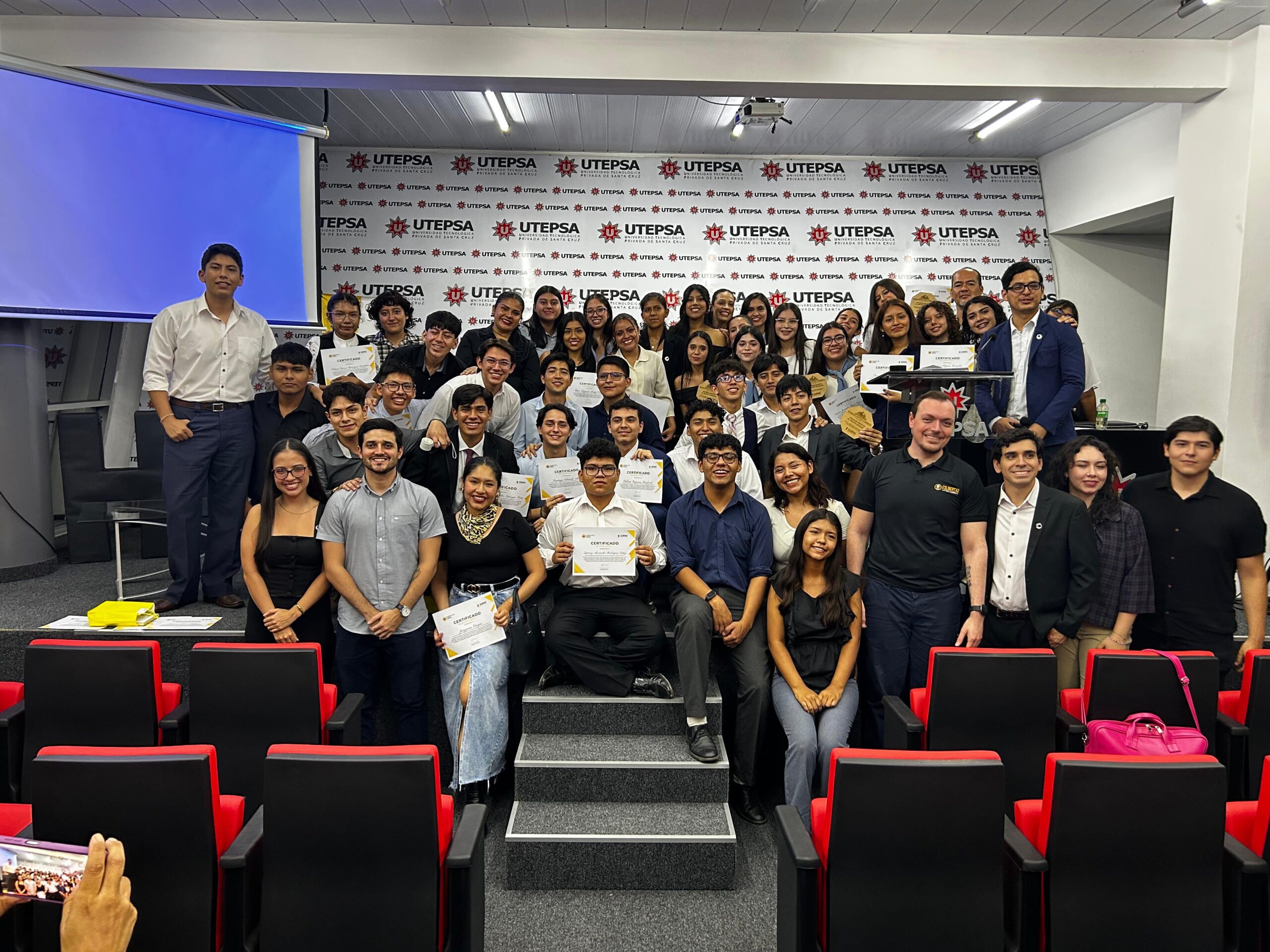Editor’s Note: On March 16, 2017, George Mason University Professor of Economics Bryan Caplan debated Washington University Professor of Philosophy Christopher Wellman on the topic, “Is Immigration a Basic Human Right?” Below is Professor Caplan’s opening statement.
There are many complaints about governments, but the harshest is, “This government grossly violates human rights.” The background assumption is that human beings have rights that everyone – including governments – is morally obliged to respect. When looking at the grossest violators – Nazi Germany, the Soviet Union, Maoist China – almost no one denies the validity of the idea of human rights. But then you have to wonder: Do the governments we know, accept, and even love have clean hands? Or do they violate human rights too?
Applying the same standards to individuals and governments
To answer, we normally apply a simple test: If an individual treated other people the same way the government does, would he clearly be a horrible criminal? If an individual deliberately kills innocent people, he’s a murderer; if an individual imprisons innocent people, he’s a kidnapper.
A government that does the same violates basic human rights – and it can’t justify its actions by calling innocent people “criminals.” If someone is peacefully living his life, he’s innocent – whatever the government says.
How this works for immigration
What does all of this have to do with immigration? Lots. Since we’re in San Diego, we’ve seen illegal immigrants. What are the vast majority of them doing? Working for willing employers. Renting apartments from willing landlords. Buying stuff from willing merchants. Sending money home to their families. Maybe even sitting next to you in class.
They sure look innocent – even admirable. But the U.S. government can and does forcibly arrest and exile them to the Third World. Why can’t they all just come legally? Because exile is the default; they’re all exiled unless the U.S. government makes a rare exception. This is far less bad than killing or imprisoning them, but it sure looks like a severe human rights violation. If the U.S. government forbade you to live and work here, wouldn’t that be a severe violation of your human rights?
Assessing the consequences of immigration
You could reasonably object that human rights are not absolute. While there’s a strong moral presumption against killing, imprisoning, or exiling innocent people, it’s okay to do so if the overall consequences of respecting human rights are clearly awful. The main problem with this objection is that when social scientists measure the overall consequences of immigration, they’re not clearly awful. In fact, the overall consequences look totally awesome.
Most notably, standard economic estimates say that letting all the world’s talent flow to wherever it’s most productive would roughly DOUBLE global prosperity. That’s an extra $75 TRILLION of extra wealth per year. How is this possible? Because even the world’s lowest skill workers produce far more in the First World than they do at home.
Even if all other fears about immigration were bulletproof – which they aren’t – they’re dwarfed by this gargantuan economic gain. This isn’t trickle-down economics; it’s Niagara Falls economics.
The issue with arguments for immigration restrictions
To effectively defend immigration restrictions, then, saying “human rights are not absolute” is insufficient. You need to flatly deny that immigration is a human right – to say that while the illegal immigrants you meet on the street may look innocent, they’re actually guilty as hell. The most popular argument analogizes illegal immigrants to trespassers. No one has any right to be here without government permission; it’s our country, so we set the rules.
The obvious problem with this position is that it justifies a vast range of blatant human rights abuses. If it’s our country and we set the rules, why can’t we exile citizens, too? Why can’t we imprison people for saying the wrong thing, practicing the wrong religion, or having kids without government permission? Saying, “that won’t happen,” dodges the question: If the U.S. government did this to you, would it be violating your human rights or not?
Different views on freedom of association
Prof. Wellman offers a more sophisticated version of this story. He defends immigration restrictions for “legitimate states” only, on the grounds that immigration restrictions are vital for “freedom of association.”
Unfortunately, we have two conflicting freedoms of association. I want to be free to associate with foreigners; lots of foreigners want to associate with me. Immigration restrictions deny us this freedom in the name of all the Americans who don’t want my associates breathing American air. Who should prevail?
In his work, Wellman concedes a crucial premise, freely admitting that the popular notion that we all consent to government is a “fiction,” and that “the coercion states invariably employ is non-consensual and, as such, is extremely difficult to justify.”
We don’t really face a choice between two freedoms of association, but between freedom for real associations we choose to join and freedom for fictional “associations” we’re forced to join. Unless the overall consequences are clearly awful, the fictional ones should lose. Freedom of association is only for free associations.
What open immigration means, and what it doesn’t
My critics often tease me, “Should everyone on Earth be free to immigrate into Bryan’s house?” Their point: Treating immigration as a human right is utopian nonsense. My reply: There are three competing moral positions on immigration.
- Foreigners should be free to live in my house even if I don’t consent – a view held by almost no one.
- Foreigners should be free to live in my house if I consent – my view.
- Foreigners shouldn’t be free to live in my house even if I do consent – the standard view I’m criticizing.
Far from being utopian, saying “immigration is a human right” is just the moderate, common-sense position that when natives and foreigners voluntarily interact, strangers are morally obliged to leave them alone unless the overall consequences are clearly awful. Even if the stranger happens to be the government – and the government happens to be popular.
To read more about the topic of immigration, check out our cluster page by clicking on the button below.
A version of this article was previously published on the Learn Liberty blog.
Edited by Russell Coates
This piece solely expresses the opinion of the author and not necessarily the organization as a whole. Students For Liberty is committed to facilitating a broad dialogue for liberty, representing a variety of opinions.







